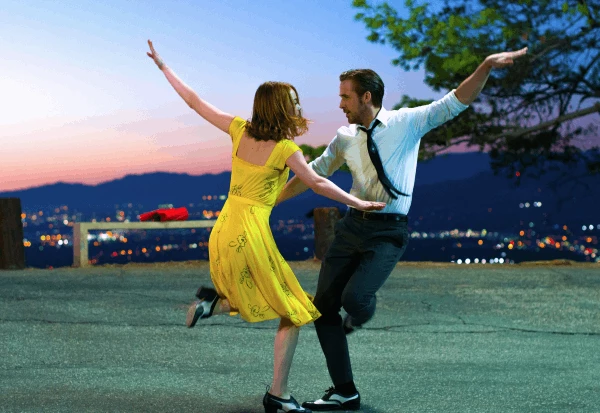Light as a fairy tale: What makes a feel-good movie feel good?
Is it possible to create an entirely quantum clock? / A synthetic finger identifies the composition of common substances
The Max Planck Institute for Empirical Aesthetics has published a new study that looks at the feel-good movies that viewers believe to be prototypical and what makes them have that effect.
The study included about 450 participants from Germany, Austria, and the German-speaking areas of Belgium and Switzerland. Their comments suggest that romantic comedies have a particularly high potential for uplifting viewers' emotions. They listed Love Actually, Pretty Woman, Amélie, and The Intouchables among the typical feel-good movies. The study's findings provide hints as to which formal and content-related characteristics films must possess to make audiences feel especially good while viewing them.

Love Actually is among typical feel-good movies, according to participants.
According to study leader and first author Keyvan Sarkhosh, "In addition to an element of humor and the classic happy ending, feel-good films can be identified by certain recurring plot patterns and characters," "Often these involve outsiders in search of true love, who have to prove themselves and fight against adverse circumstances, and who eventually find their role in the community."
However, in addition to romance and humor, feel-good movies often feature dramatic scenes that have a significant emotional impact on the audience. In addition, these characteristics are frequently embedded in a fairy-tale setting, which is another characteristic of the genre and contributes significantly to its perception of lightness. Not least, the combination of these elements can be viewed as constitutive of the feel-good film.

Feel-good movies often have a significant emotional impact on the audience.
The findings of this study were recently published in the journal Projections. The article emphasizes the fact that many people specifically watch feel-good films to unwind and lift their spirits. Many study participants agreed that, while feel-good films may be sentimental, they are not schmaltzy and are, above all, technically proficient. In this regard, the positive use of the genre label by audiences contrasts significantly with the predominantly negative perspective of professional film critics.
Journal Reference: Keyvan Sarkhosh, Winfried Menninghaus. The Feel-Good Film. Projections, 2021; 15 (1): 55 Projection 2021:150104 DOI
End of content
Không có tin nào tiếp theo
